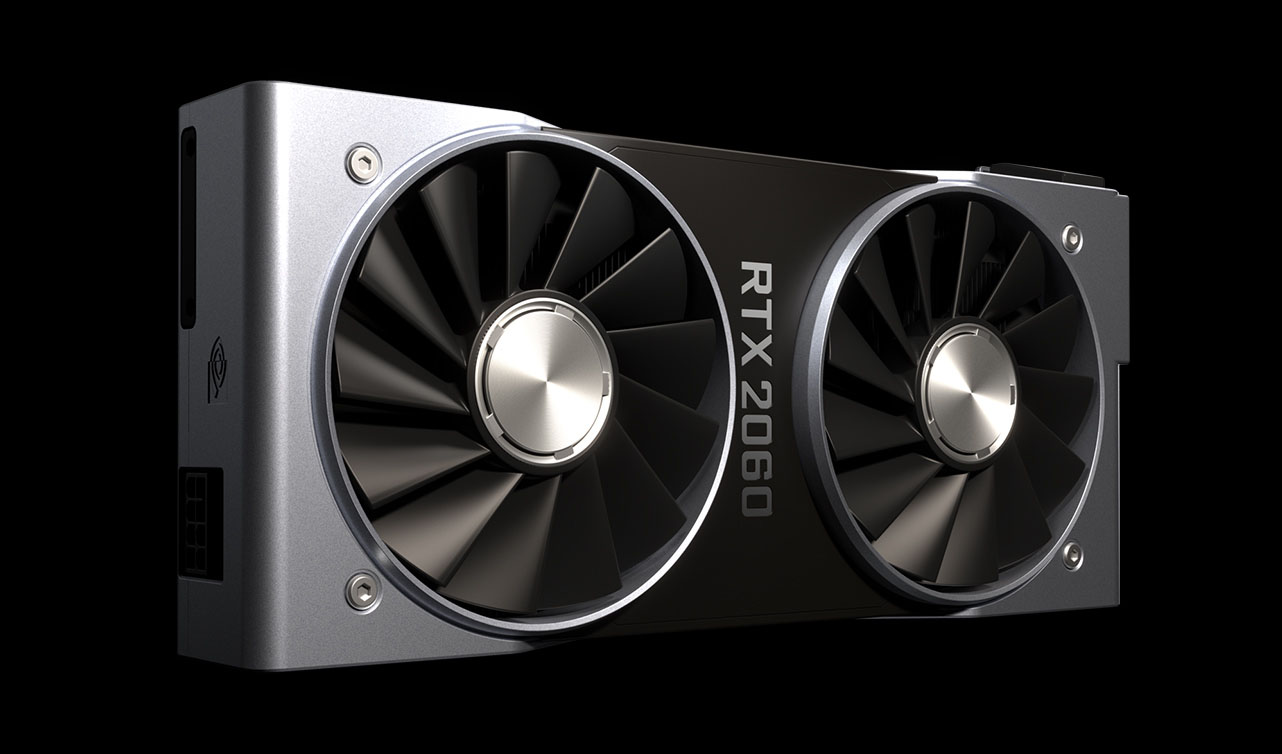

NVIDIA GeForce RTX 2060 Review: Entry-Level Ray Tracing
Pros
- Good 1080p performance
- Entry-level ray tracing
- DLSS support
- Compact design
- Efficient power consumption
Cons
- 6GB VRAM limitation
- Basic ray tracing capabilities
- Limited 1440p performance
- Surpassed by SUPER variant
Introduction
The GeForce RTX 2060 represented NVIDIA's first attempt to bring ray tracing technology to a more mainstream price point. As the entry-level RTX card of its generation, it aimed to provide a taste of next-generation features while maintaining strong traditional gaming performance.
Design and Build Quality
The Founders Edition demonstrates NVIDIA's commitment to quality even at lower price points, featuring a compact dual-fan design that efficiently manages thermals.

Gaming Performance
The RTX 2060 delivers strong performance at 1080p resolution, though modern titles may require some settings adjustments for optimal framerates.
1080p Gaming Performance
- Cyberpunk 2077 (Ray Tracing Medium): 55 FPS
- Microsoft Flight Simulator: 68 FPS
- Red Dead Redemption 2: 82 FPS
- Call of Duty: Modern Warfare III: 98 FPS
Ray Tracing and DLSS
As an entry-level RTX card, ray tracing performance is modest, but DLSS support helps maintain playable framerates in supported titles at 1080p.

Content Creation
The RTX 2060 provides adequate performance for basic content creation:
- Video Editing: Good performance with 1080p footage
- Streaming: Reliable NVENC encoding
- 3D Rendering: Basic capabilities for hobby work
Thermal and Power Performance
The cooling solution proves effective for the card's modest power requirements:
- Load Temperatures: 68°C average under full load
- Fan Noise: 32dB under typical gaming loads
- Power Draw: 160W typical gaming power draw
Memory Configuration
The 6GB GDDR6 memory provides:
- Memory Bandwidth: 336 GB/s
- Memory Interface: 192-bit
- Memory Type: GDDR6
Overclocking
The RTX 2060 shows decent overclocking potential:
- Core: +120 MHz boost clock typical
- Memory: +700 MHz effective typical
- Power Limit: 106% maximum
These overclocks typically result in a 4-6% performance improvement.
Value and Conclusion
While superseded by both the SUPER variant and newer generations, the RTX 2060 represented an important milestone in bringing ray tracing technology to a more accessible price point. Its performance remains adequate for 1080p gaming in most scenarios.
Long-term Considerations
The 6GB VRAM capacity may become limiting in modern titles, particularly at higher resolutions or texture settings. However, DLSS support helps maintain the card's relevance for 1080p gaming.
Performance Benchmarks
4K Gaming Performance
Specifications
- cuda cores
- 1920
- boost clock
- 1.68 GHz
- base clock
- 1.37 GHz
- memory
- 6GB GDDR6
- memory speed
- 14 Gbps
- tdp
- 160W
- recommended psu
- 500W
- architecture
- Turing
- manufacturing process
- 12nm

